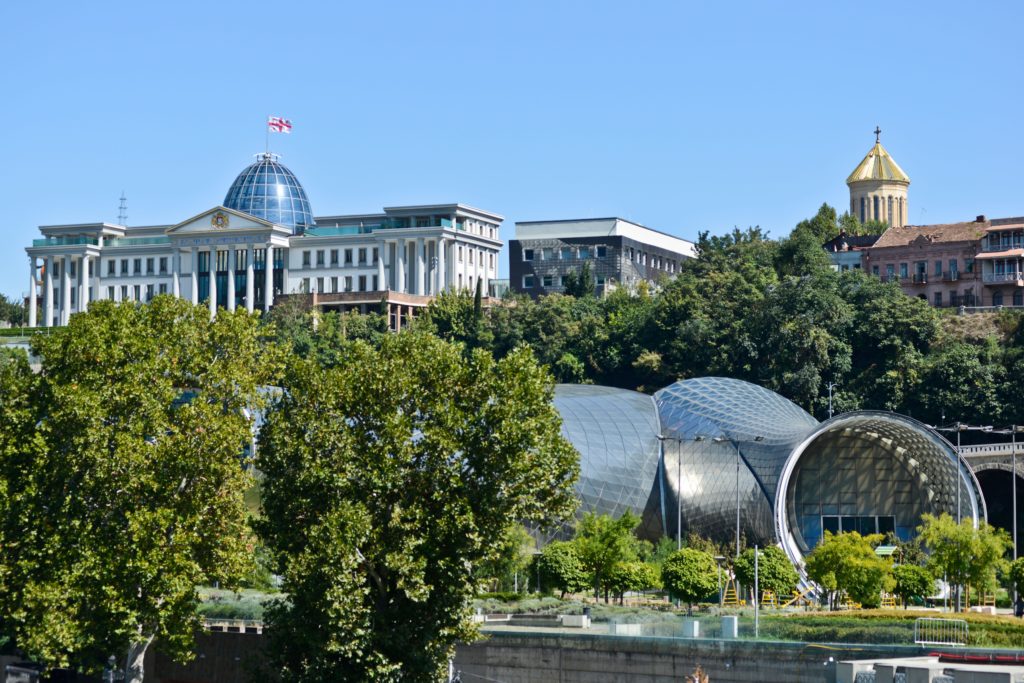TBILISI
Georgia’s economic recovery continued to gather pace as the country eased the majority of the restrictions it had imposed to curb the coronavirus pandemic, businesses reopened and tourists tentatively started to return.
Gross domestic product (GDP) grew by 12.7 percent year-on-year in the first half of 2021 after contracting 5.8 percent in the same period last year, the National Statistics office said. In June alone the economy expanded by 18.7 percent, compared with a 7.7 percent contraction a year ago. Growth was recorded in all sectors of the economy except for the mining industry.
Georgia’s highly tourism-reliant economy has been hit especially hard by the COVID crisis and lacks the resource-extraction or manufacturing base that has helped cushion the blow in some other ex-Soviet countries.
The country started its economic recovery in April when it recorded 44.8 percent year-on-year growth. Economic recovery continued to gather pace in May and June as the country eased the majority of the restrictions it had imposed to curb the coronavirus pandemic, businesses reopened and tourists tentatively started to return.
Last month, Georgia has revised its economic growth forecast to 7.7 percent from a previous projection of 4.3 percent in 2021 amid signs of economic recovery and in line with the International Monetary Fund’s (IMF) current projection.
The ex-Soviet country’s parliament has also lowered the budget deficit to 6.9 percent from 7.6 percent and the government’s debt to 54.6 percent of GDP.
IMF said last month that Georgia’s GDP was now projected to grow 7.7 percent in 2021 and 5.8 percent in 2022, but slow vaccination and political uncertainty could slow down the country’s economic recovery.
The Fund said that new COVID-19 variants or vaccination delays could derail the recovery by requiring new lockdowns and reducing external demand, underscoring the paramount importance of controlling the pandemic.
The South Caucasus country of 3.7 million reported 4,857 cases of the COVID on Tuesday.
IMF added that renewed political uncertainty amid protests against the government could increase lari volatility and undermine investment and confidence.
The World Bank said in June that Georgia’s economy was projected to recover in 2021, growing by 6 percent, with the key baseline assumption that there would be no further severe waves of COVID-19 infections that necessitate additional lockdowns and ongoing political impasse is resolved. The recovery will be supported by fiscal stimulus in the form of accelerated capital spending, tax deferrals, accelerated VAT refunds, and targeted support for the most affected businesses, as well as higher social spending.
Under a baseline scenario in which no third wave of infections materialises and a significant share of the population is vaccinated by 2022, economic growth could recover to 5.0 percent in 2022 and 2023.

